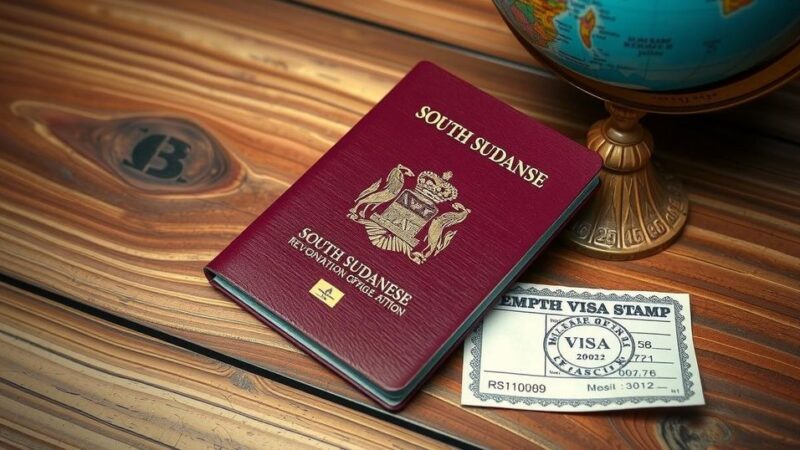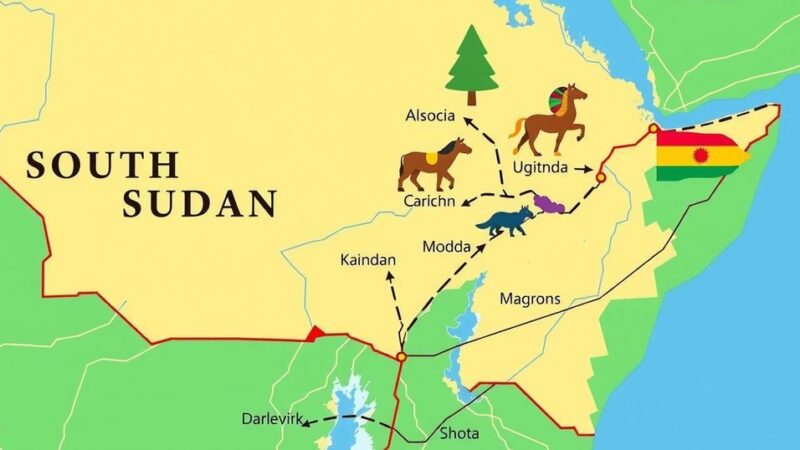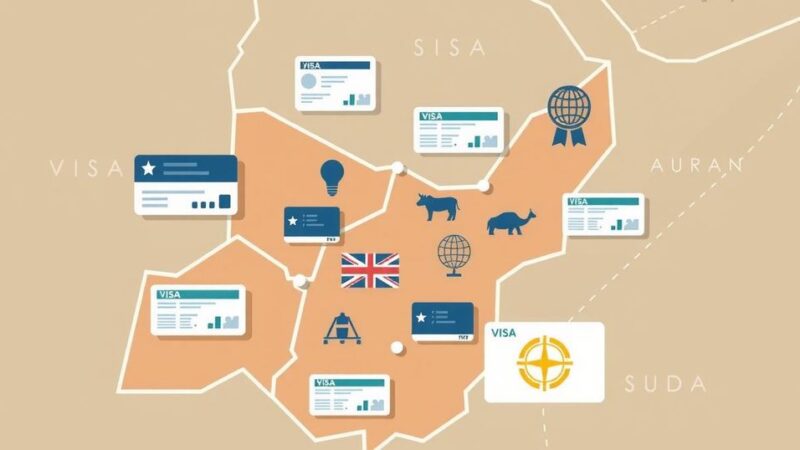Saudi Arabia has made over 50 arrests related to sex work and human trafficking following the establishment of a new governmental unit. This unit aims to address crimes against personal rights under Sharia law, but some experts warn about the risks of arbitrary arrests due to ambiguous moral regulations. Commentary on these developments raises concerns about the balance between social reforms and ongoing repression in the kingdom.
Saudi Arabia has recently conducted numerous arrests related to sex work, human trafficking, and street begging, coinciding with the establishment of the General Department for Community Security and Combating Human Trafficking Crimes. Over 50 individuals, primarily foreigners, have been apprehended in connection with these activities. This action came promptly following the ministry’s announcement regarding the unit’s creation aimed at tackling these offenses.
In separate incidents in Riyadh, authorities arrested three foreigners for allegedly practicing prostitution in a hotel, while 14 Yemenis were detained for exploiting 27 children for begging. Additionally, five foreigners were apprehended in Jeddah for immoral conduct in a massage center. A man and two women faced similar charges in al-Qassim province, reinforcing the unit’s focus on combating acts deemed immoral by the state.
The interior ministry has articulated that this new unit’s mandate is to address activities which infringe upon personal rights and violate the dignity of individuals under Sharia law. However, Sarah Leah Whitson, executive director of Democracy for the Arab World Now, cautioned that the unit’s broad authority could facilitate arbitrary arrests. She emphasized the necessity for precise laws governing human trafficking and sex work, arguing that vague moral standards lead to unjust persecution.
Commentator Ali Shihabi highlighted that the unit was established primarily due to an increase in foreign women engaged in sex work, facilitated by easier visa access. He noted that authorities have long sought to address the issue of street begging, which has been a persistent concern. On the other hand, Saudi columnist Khaled al-Sulaiman declared in daily newspaper Okaz that the unit would act decisively against immoral activities, reflecting the country’s religious and social identity.
Crown Prince Mohammed bin Salman has previously diminished the power of strict morality police, aligning with broader social reforms under his Vision 2030 strategy aimed at enhancing Saudi Arabia’s international standing. Nonetheless, instances such as the imprisonment of Manahel al-Otaibi for her advocacy for women’s rights illustrate the ongoing tensions within the country’s evolving social landscape.
In summary, Saudi Arabia’s recent arrests linked to sex work and human trafficking underscore the government’s intensified efforts to combat activities considered immoral. The newly established unit aims to address these issues primarily targeting non-Saudi nationals. Critics, however, raise concerns about the potential for arbitrary arrests due to vague definitions of morality. The discussions surrounding these arrests reflect broader social reformations initiated by Crown Prince Mohammed bin Salman, despite instances of continuing repression against individuals expressing differing views.
Original Source: www.middleeasteye.net






